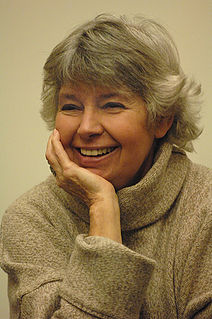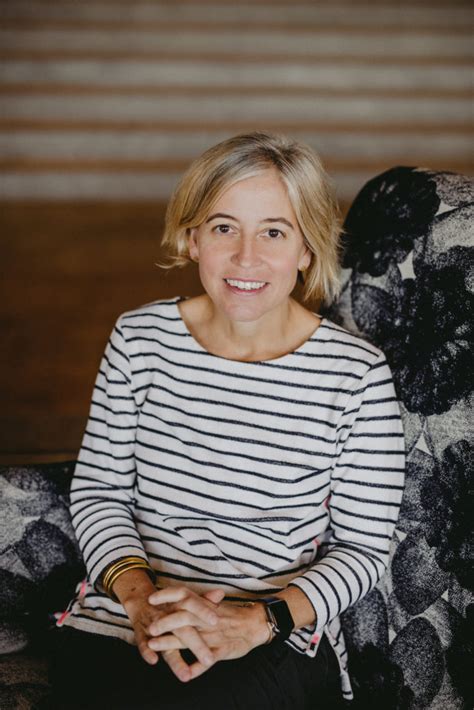A Quote by Nancy Dubuc
You had a generation of women, of which I'm part, where it was a stigma to be associated with feminism; there was a backlash. Now you have a generation that is clearly embracing feminism because, at the end of the day, the definition of feminism is just equality.
Related Quotes
I always go with the dictionary definition of feminism, which is just social, political and economic equality for women. And that's kind of a strategic thing on my part, because I think that it's the hardest definition to argue with. You know, who doesn't want that? Everyone wants equality for women.
I had a real come-to-Jesus a couple of years ago when I started to see the direct line between feminism and everything else - feminism and climate change, feminism and poverty, feminism and hunger - and it was almost like I was born again and started walking down the street and was like, "Oh, my God, there are women everywhere! They're just everywhere you look. There's women all over the place!"
I think feminism has always been global. I think there's feminism everywhere throughout the world. I think, though, for Western feminism and for American feminism, it not so surprisingly continues to center Western feminism and American feminism. And I think the biggest hurdle American feminists have in terms of taking a more global approach is that too often when you hear American feminists talk about international feminism or women in other countries, it kind of goes along with this condescending point of view like we have to save the women of such-and-such country; we have to help them.
All year there have been these cover stories that the women's movement is dead and about the death of feminism and the post-feminist generation of young women who don't identify with feminism - and then we have the biggest march ever of women in Washington. More people than had ever marched for anything - not only more women, but more people.
I get very frustrated when I hear women saying, "Oh, feminism is passé," because I think feminism means empowerment. Men can be feminists, too! Many men are feminists. We need feminism. It's not against men; it's about the empowerment of women. It's the respect of women - giving women equal rights, the same opportunities.































